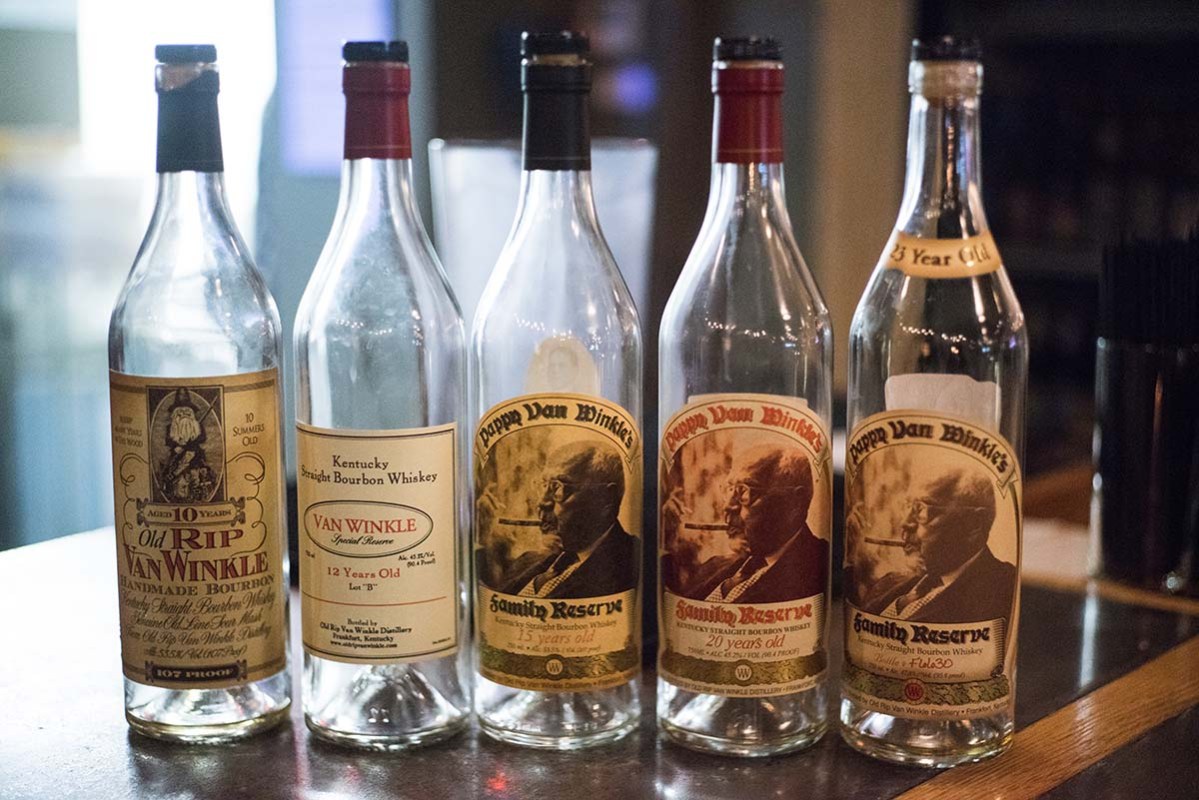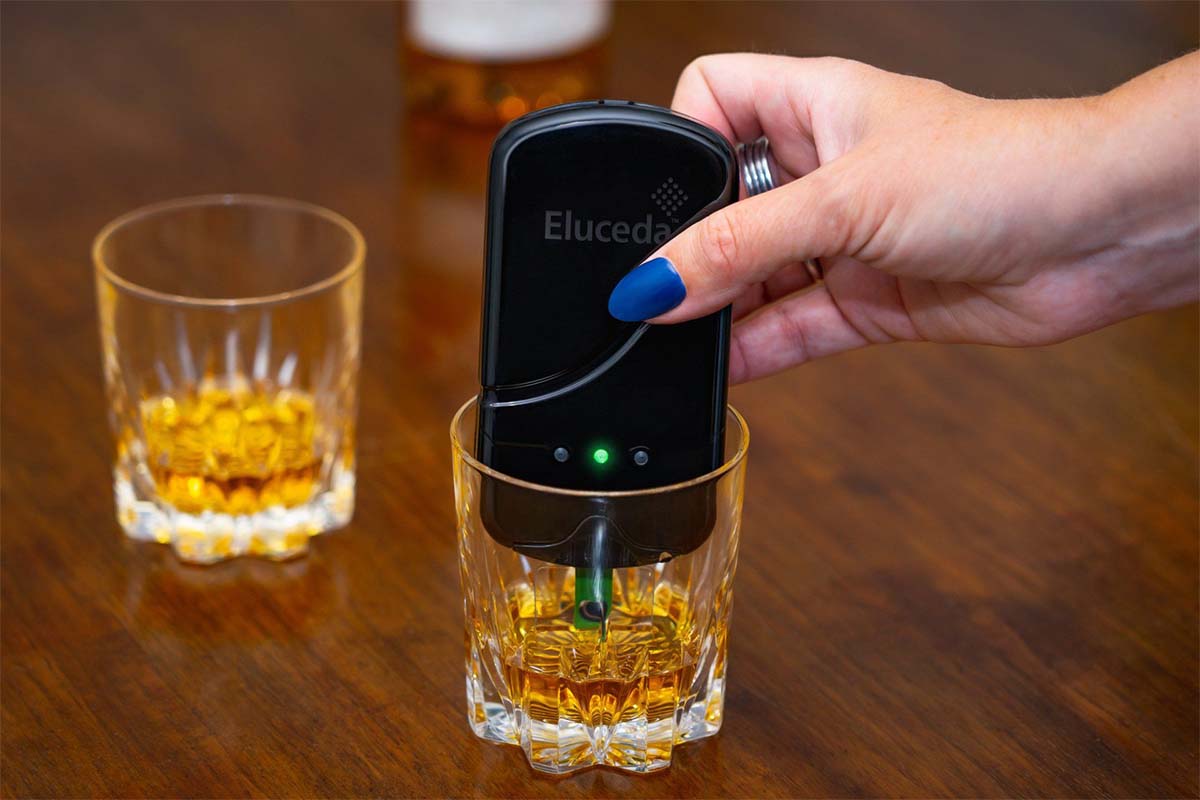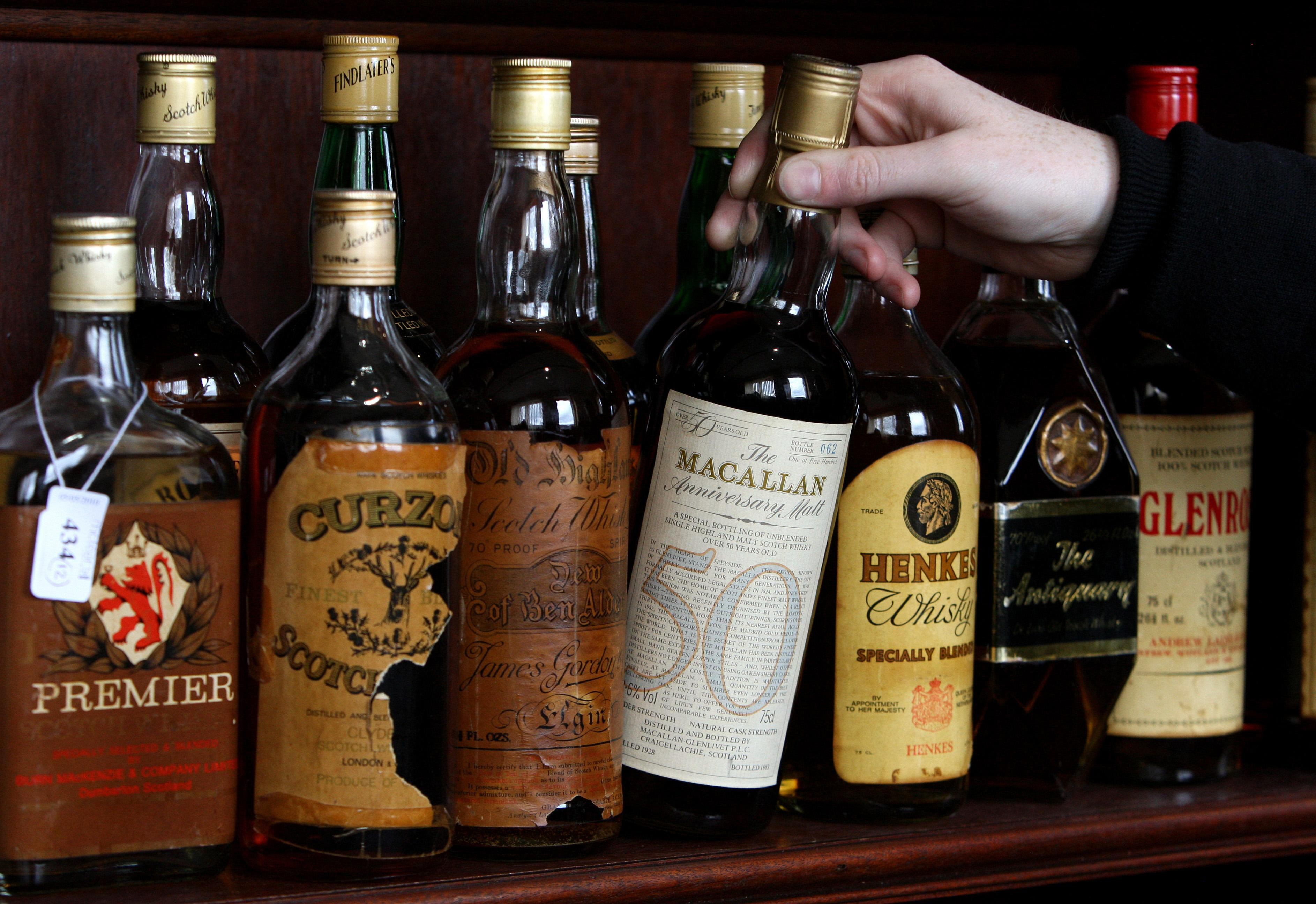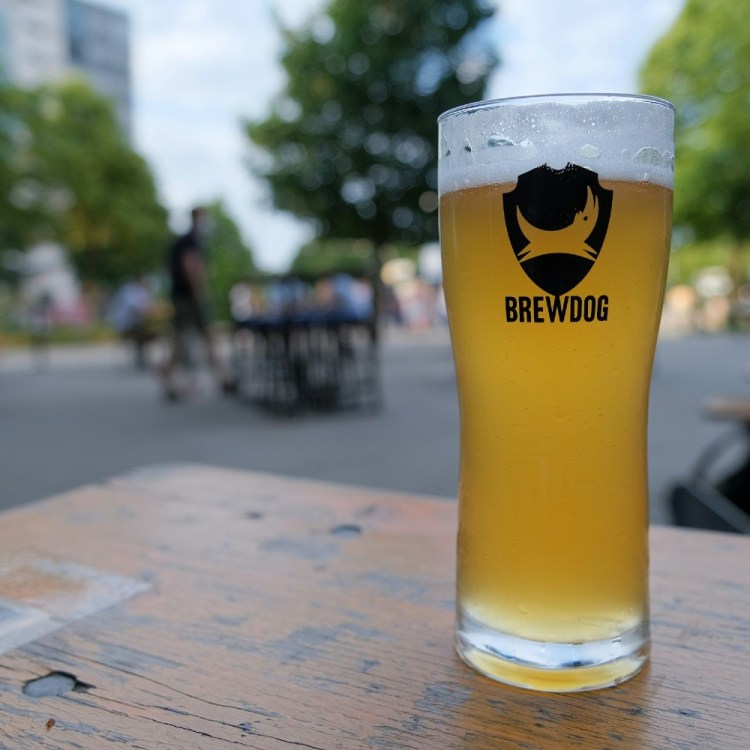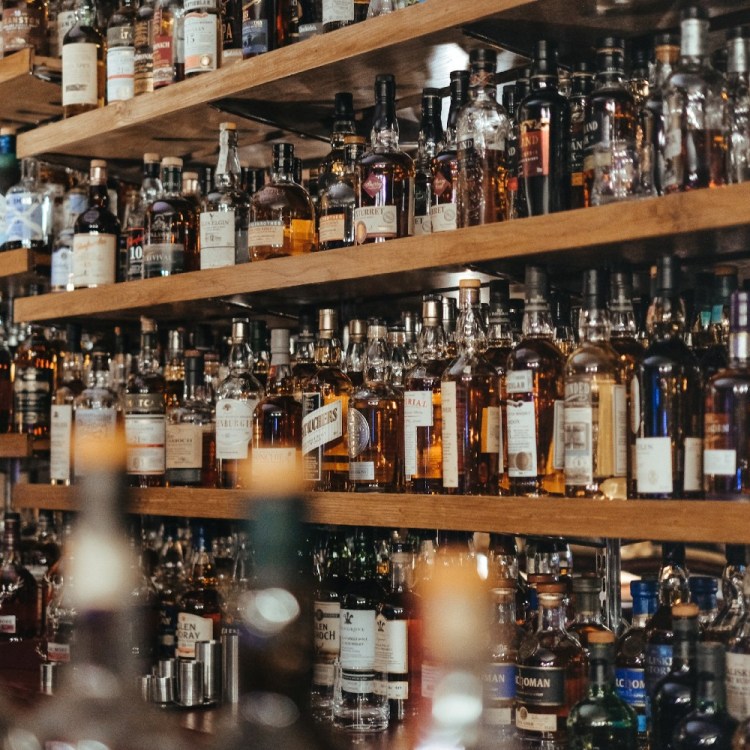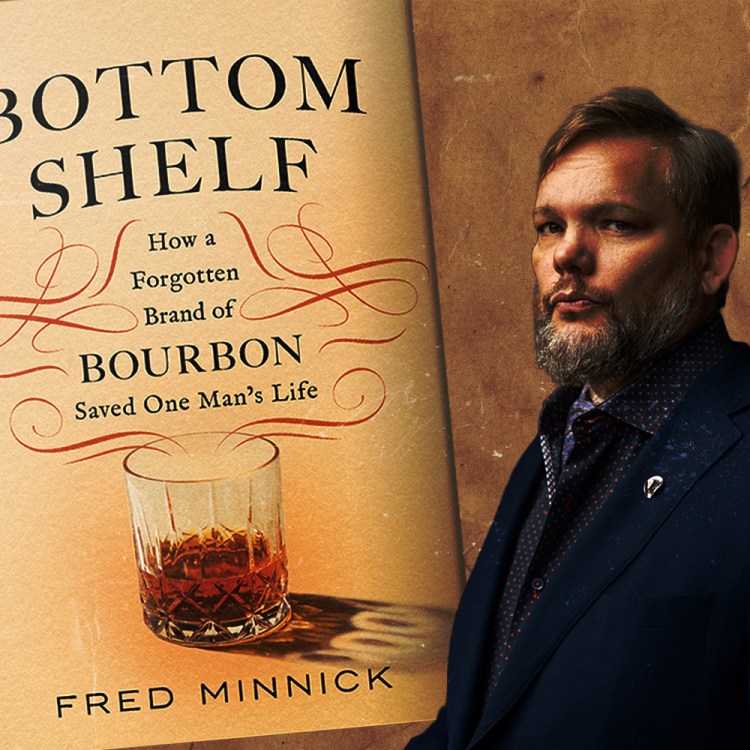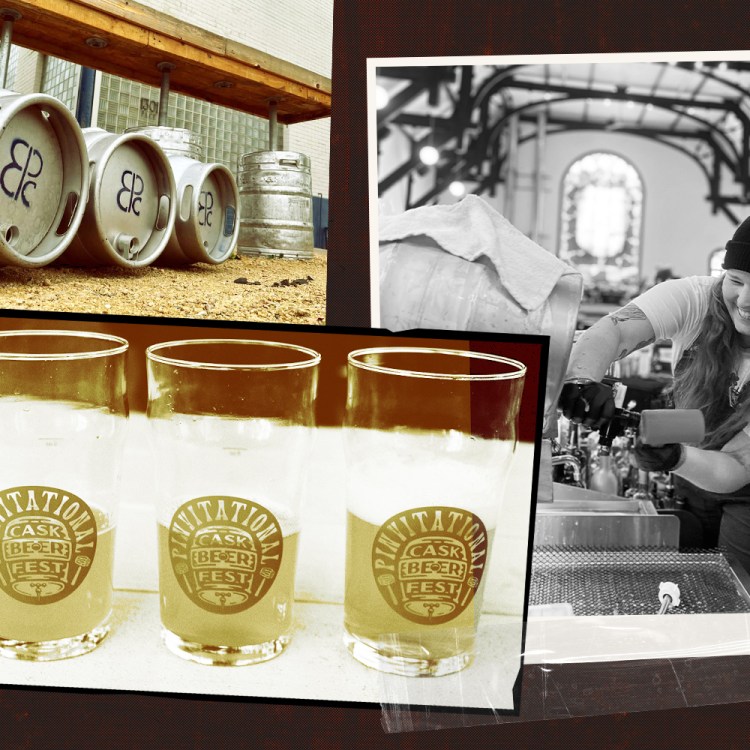The scourge of counterfeiting, a long-running issue in the wine and Scotch world, has come for American whiskey.
As reported by Clay Risen at the New York Times, the combination of increasingly robust sales for super-premium American whiskey (bottles over $50), product demand that greatly outstrips supply and disruptions caused by the ongoing COVID-19 pandemic have both pushed prices higher and created a “cohort of swindlers” who are taking advantage of whiskey enthusiasts who have few ways to obtain these rare spirits outside of waiting in long lines, paying inflated sums or working through secondary markets (like online groups) that are often illegal.
And the newcomers to the whiskey world, who maybe care less about what’s actually in the bottle, aren’t helping. “Part of the problem is the culture I see around bourbon, where it is about bragging rights and being able to Instagram a bottle you just bought,” as Adam Herz, a whiskey collector in Los Angeles, told the Times. “Most people I see ending up with fakes are partly to blame themselves. Any good con man knows how to take advantage of someone’s greed.”
As well, some distilleries and brands aren’t doing much to counteract the fakes; many bottles are packaged in a way that they can easily be opened and resealed. And even if there is something wrong about the packaging, as what happened last spring with a bottle of fake Colonel E.H. Taylor Four Grain Bourbon purchased as NYC’s Acker Wines, it may not be noticeable by the stores or the everyday customers.
Herz, who also randomly is a Hollywood producer who helped create the American Pie film franchise, also mentions that he believes he’s been contacted by whiskey buyers who are asking about fakes possibly as a way to “improve their [counterfeit] techniques.” And he’s particularly worried about one popular online marketplace.
“What bothered me was all the empty Pappy Van Winkle bottles for sale on eBay,” he said. “I said, ‘What do you think all these people are buying the bottles for?’” Herz once found an empty bottle of Pappy on the shopping site, with a unique identification code visible in a picture, only to then see the same “filled” bottle up for sale on a Facebook whiskey group a little while later.
For now, the premium bourbon market hasn’t quite hit the counterfeit issues affecting the rare Scotch market — one report suggests a third of those bottles might be fakes (although Isabel Graham-Yooll, the director of Whisky.Auction, dismisses that number in the Times piece). Still, the overall whisk(e)y industry is taking some steps to counteract the rise in deceptive bottles, from QR codes, security tags, handheld scanners and Blockchain solutions.
But the best bet for buyers? As Risen notes, “Do your homework. Never trust a pushy stranger, especially online. And always be willing to pass on a bottle that looks too good to be true, because it probably is.”
Every Thursday, our resident experts see to it that you’re up to date on the latest from the world of drinks. Trend reports, bottle reviews, cocktail recipes and more. Sign up for THE SPILL now.
